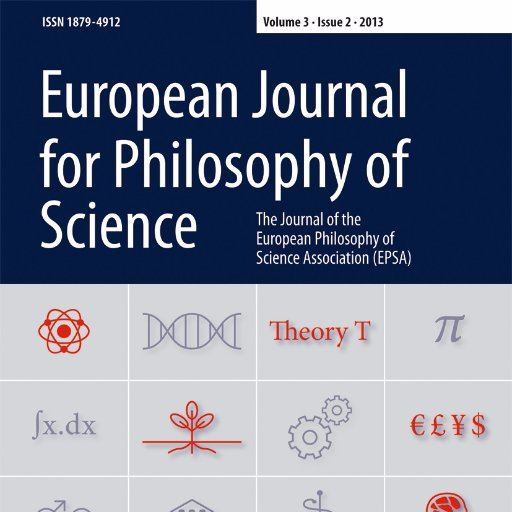Topical Collections < Powers in the world of science Powers in the world of scienceGUEST EDITORS: Andrea Roselli and Anna Marmodoro The European Journal for the Philosophy of Science is delighted to announce a Call for Papers for a topical collection dedicated to powers in science, in a broad sense: the impact that dispositional essentialism can have on philosophy of physics, biology, chemistry, mind, cosmology, etc. The goal and rationale for this topical collection is to explore a variety of metaphysical and epistemological issues arising from the application of dispositional notions in science. For example, topics we are interested in exploring (but not exclusively) include:
The idea behind this topical collection is to see if the models developed in a purely metaphysical context can be used by philosophers of science and scientists. In recent years, fundamentality have come to occupy a central place in both metaphysics and the philosophy of science. Many metaphysicians now think that, in giving a complete account of reality, saying what exists is only part of the story—we also need to say how everything “hangs together.” Meanwhile, philosophers of science have begun to appreciate that much of physics (for example) – including theories in so-called “fundamental physics – may depend on the metaphysical framework chosen. Our aim, then, is to attract papers from philosophers that usually work on Quantum Mechanics, physical processes, entropy and time, but also philosophy of mind, philosophy of technology, philosophy of chemistry and biology – and ask them to show how a powers ontology can be applied to canonical scientific models or problems. This topical collection is meant to address some of these open questions and to offer a better understanding of the philosophical view called 'powers ontology' and its relevance to science. Our hope is to gather a number of original approaches to long-standing problems, original perspectives that may become a point of reference for future research. These philosophers – both already prominent philosophers and early career researchers – should have, ideally, a background both in philosophy and in science. We particularly encourage submissions from non-mainstream areas of philosophy of science and/or from underrepresented groups.
|


